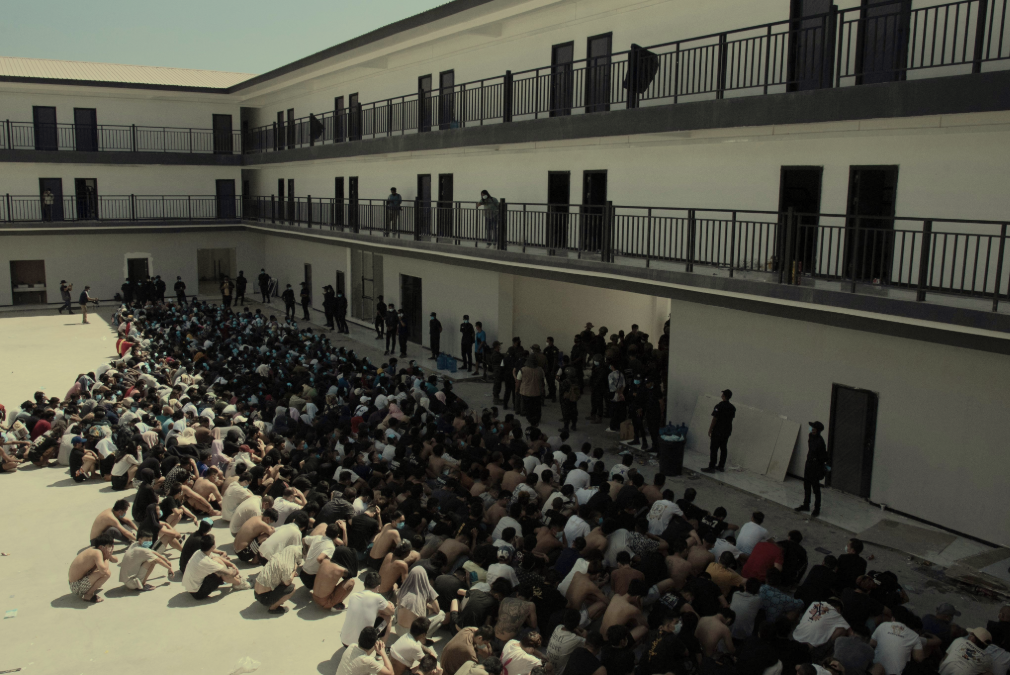I used to believe I could spot a lie. I was a teacher in a rough school in Johannesburg — not the kind of place where you can afford to be naïve. But some lies are so vast they can’t be seen.
In early 2022, I found myself in a concrete complex on the Myanmar–Thailand border. Guard towers ringed the perimeter. The jungle pressed in from all sides. I had been kidnapped and smuggled into a scam compound — a kind of outsourced call centre for global deception.
Since the pandemic, hundreds of similar buildings have cropped up across Myanmar, Cambodia and Laos, often run by Chinese criminal syndicates. Inside, trafficked workers are forced to run scams: fake crypto platforms, phishing operations, romance cons — all targeting vulnerable people in the West.
Each year, they extract an estimated £50 billion from their victims. Yet this is a double-edged crime — one that exploits both the scammer and the scammed. Over the past four years, more than 300,000 people, including graduates from Europe, have been trafficked into these facilities.
For nine months, I was one of them.
At the start of 2022, I was 34 and living at home in South Africa with my mother, desperate for an adventure. So when a close friend forwarded me a job posting on Facebook for a customer service role at a tech company in Thailand, it felt like the answer. The job would cover my flights to Bangkok and give me a way to earn money while I searched for a teaching position in the country.
Register for free to read this article.
